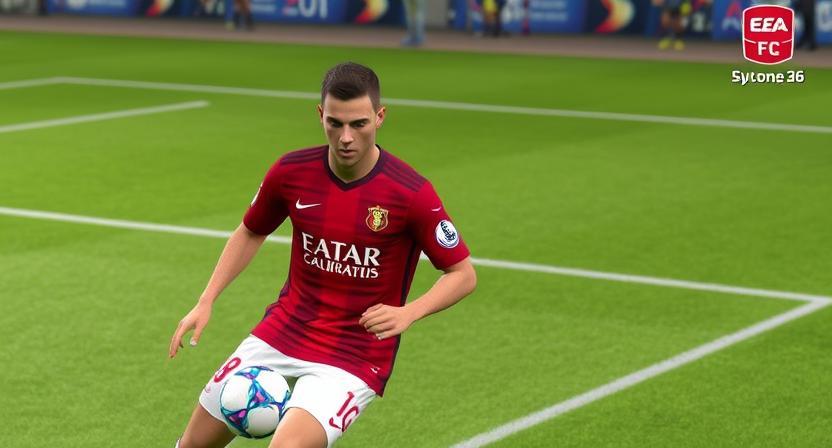As discussion grows within the football gaming community, early analysis of the EA Sports FC 26 Season Pass has raised alarms about its increasingly aggressive monetization approach. Building on the patterns of previous iterations, the upcoming pass appears set to deepen the divide between paying and non-paying players, with implementation that heavily favors direct spending over in-game dedication. The concern is not the existence of a pass itself, but its structure, which risks amplifying the competitive imbalance. For players working to improve their Ultimate Team without spending real money, the gap in rewards can feel insurmountable—especially given the premium tier’s direct impact on progression and squad strength. This is particularly troubling for those seeking to build their team organically, as the path without FC 26 Coins becomes far more time-consuming and less rewarding.
The imbalance between free and premium tracks is central to the criticism. In most successful battle pass systems, free rewards remain engaging enough to keep all players motivated. In EA’s model, however, free-tier rewards are often limited to small consumable packs, basic stadium cosmetics, and short-term loan players—items that contribute little to long-term squad building. By contrast, the premium tier offers meta-relevant player cards, high-value tradeable packs, and XP boosts that accelerate progress dramatically. This creates a clear two-tier ecosystem where premium players enjoy tangible, early-season advantages.
To highlight the disparity, the table below compares the typical reward structure based on patterns from prior titles, which many expect will be intensified in FC 26.
| Reward Type | Free Track | Premium Track |
|---|---|---|
| Player Cards | One or two mid-tier, untradeable special cards near season end. | Multiple high-rated, meta-relevant cards and guaranteed special picks throughout the season. |
| Packs | Small Gold Packs, Mixed Player Packs with low odds of high-value pulls. | Jumbo Rare Player Packs, Ultimate Packs, guaranteed special player packs with high coin value. |
| Cosmetics | Basic stadium themes, badges, tifos. | Animated stadium items, premium kits, and exclusive visuals. |
| Progression | Standard XP gain via objectives. | Significant XP boosts enabling faster completion of pass levels. |
Beyond reward value, the grind required to complete the pass is another major concern. Even premium owners face a demanding schedule of daily and weekly objectives, with missed days often leaving players behind pace. This design fosters Fear Of Missing Out (FOMO), pushing players to log in regularly to avoid missing exclusive rewards. For those with limited time, the premium pass becomes more appealing—not just for better rewards, but for the XP boosts that make progress achievable. This dynamic turns the pass into a solution for a problem created by the game’s own pacing.
- Time-Gated Objectives: Short availability windows force players to follow EA’s schedule.
- Mode-Specific Challenges: Objectives often require participation in modes like Squad Battles or Friendlies, even if players prefer competitive play.
- High XP Requirements: Later levels demand exponentially more XP, increasing the time commitment near season end.
Unlike cosmetic-only passes in games such as Fortnite or Apex Legends, the FC Season Pass directly influences competitive balance in Ultimate Team. Premium-tier rewards enable immediate squad upgrades and substantial coin injections, giving paying users a clear edge over free-to-play participants. This reinforces the perception of Ultimate Team as a pay-to-win environment, where success often depends more on spending than skill or strategic squad building. The pass has shifted from an optional enhancement to a core monetization tool designed to guide players toward payment if they wish to remain competitive.
When compared to industry standards, EA’s approach feels increasingly out of step. Many modern passes allow players to earn back the currency spent, creating a sustainable loop for dedicated participants. The FC Season Pass offers no such return—once purchased, the value is consumed, and players must pay again for the next season. This design prioritizes revenue over engagement, risking further alienation of the player base. Without a philosophical shift toward rewarding dedication rather than spending, the FC 26 Season Pass could cement its reputation as one of the most consumer-unfriendly systems in mainstream gaming. For players seeking fair competition and meaningful rewards, the absence of such change means the best path to progress may still be through purchasing cheap FC 26 Coins.

